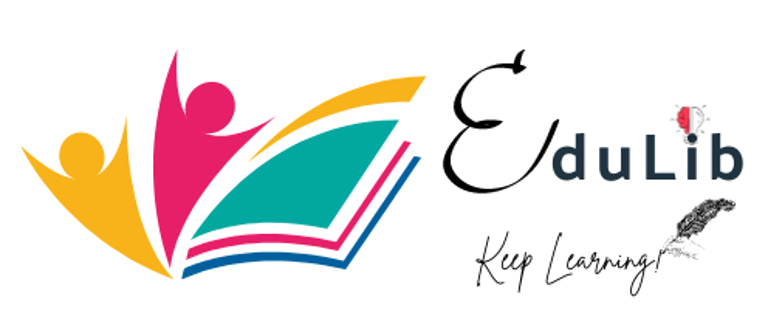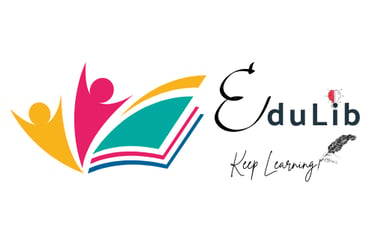
The Contribution That Technology Can Make to the Assessment Process
Explore the powerful impact of technology on the assessment process in this blog. Discover how innovative tools and platforms enhance efficiency, accuracy, and engagement in evaluations.
The advent of technology, such as interactive learning tools (ILT) and Learning Management Systems (LMS), has made positive contributions to the assessment process. Appropriate use of technology has contributed to the transparency, reliability, and fairness of the assessment process.
Recording of oral evidence or video evidence of skills:
MS Teams has promoted inclusive online or hybrid learning where students have been able to show video evidence of their activities. It has been used to record oral presentations or vivas of student works.
Paperless portfolio:
Students can now submit all their assessments online/paperless via different LMS, such as Moodle and MS Teams. This prevents students’ paper-based assessments/works from being lost during storage or transfer. The paperless evidence can last longer, and the integrity of the portfolio can be preserved for a long time.
Computer-based/online testing:
Tests and assessments can now be conducted through the use of organised systems on computers. Computer-based tests or online testing help simplify the assessment process because they can automate a very time-consuming task, marking, grading, feedback, and monitoring progress.
Reference/Bibliography
Davies, A. and Stiling, L. (2021) TAQA – training assessment and quality assurance [PowerPoint presentation]. 22 October.
Equality and Human Rights Commission (2014) What equality law means for you as an education provider: schools. Available at: https://www.equalityhumanrights.com/sites/default/files/what_equality_law_means_for_you_as_an_education_provider_schools.pdf (Accessed: 21 December 2021).
Fitzpatrick, C. (1999) ‘Students as evaluator in practicum: examining peer-self assessment and self-efficacy’, ACES Conference, New Orleans.
Lanyon, L. and Hubball, H. (2008) ‘Gender considerations and innovative learning-centred assessment practices’, Transformative Dialogues: Teaching & Learning Journal, 2(1), pp. 1 – 11. Available at: https://www.kpu.ca/sites/default/files/Teaching%20and%20Learning/TD.2.1_Lanyon%26Hubball_Gender_Considerations.pdf (Accessed: 21 December 2021)
Meadows, M. (2018) Safeguarding the confidentiality of assessment materials & managing conflicts of interest. Available at: https://assets.publishing.service.gov.uk/government/uploads/system/uploads/attachment_data/file/683919/Safeguarding_the_confidentiality_of_assessment_materials_and_managing_conflicts_of_interest.pdf (Accessed: 21 December 2021).
Ofsted (2005) Race equality in education - good practice in schools and local education authorities. Available at: https://dera.ioe.ac.uk/5546/1/Race%20equality%20in%20education%20good%20practice%20in%20schools%20and%20local%20education%20authorities%20(PDF%20format).pdf (Accessed: 22 December 2021).


